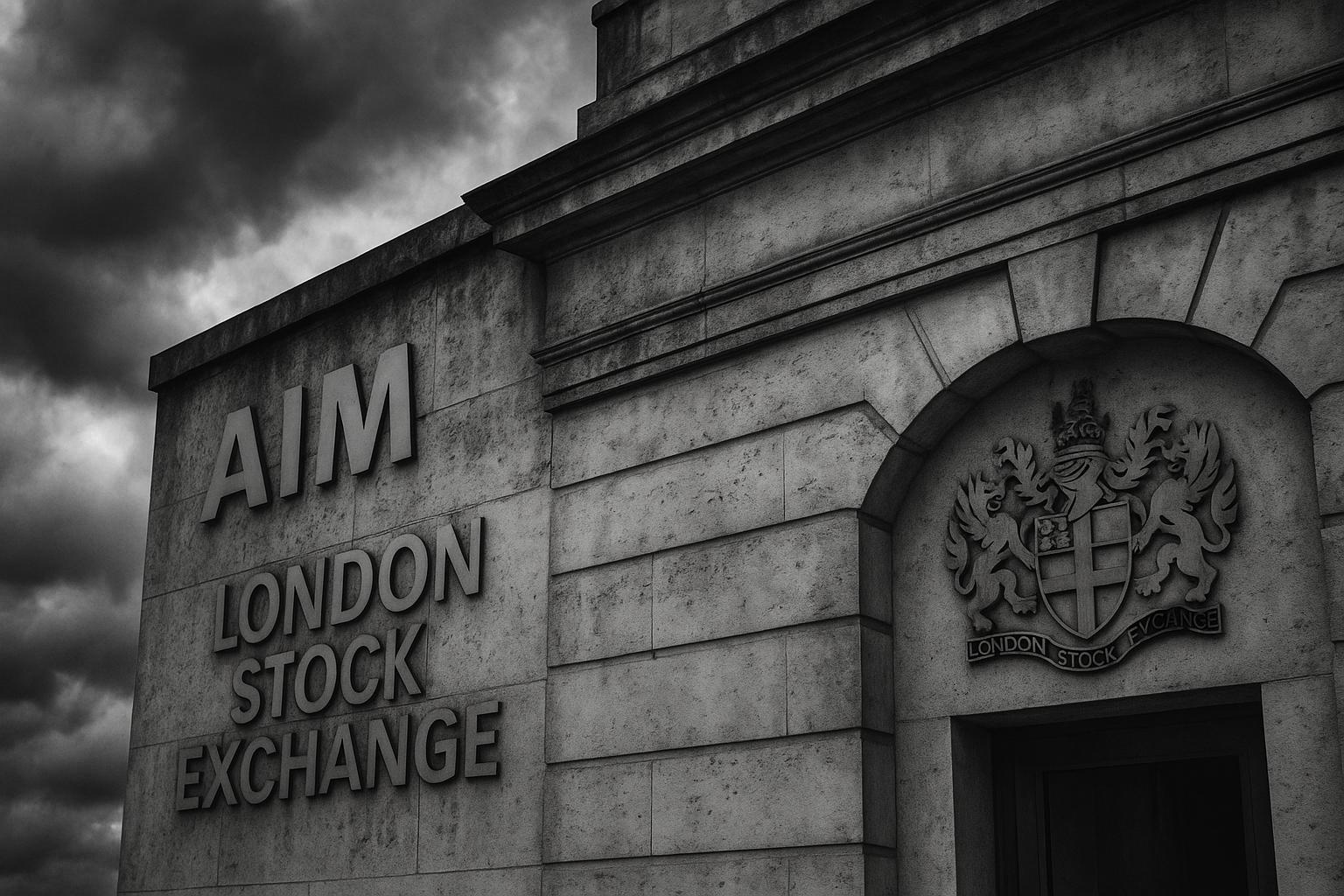As the Alternative Investment Market (AIM) approaches its 30th anniversary on 19 June, it casts a long shadow over the landscape of small-cap investment in the UK. Since its inception in 1995, AIM has welcomed over 4,000 companies and facilitated a staggering £136 billion in raised capital. According to Grant Thornton, AIM companies made a substantial contribution of £68 billion in gross value added to the UK economy in 2023, supporting more than 770,000 jobs. However, this remarkable narrative of success is increasingly marred by challenges that threaten the market’s viability.
The initially light-touch regulatory environment that allowed small companies to flourish has devolved into a financially burdensome regime, with operational costs at times exceeding £1 million annually. This has resulted in a dwindling number of listed companies; as of now, there are only 679 constituents—far fewer than the nearly 1,700 that existed at the market's peak in 2001. Last year alone saw the exit of 89 firms from AIM, a trend that continues into 2025. Many companies cite high fixed costs and limited trading liquidity as key reasons for their departure, with investor risk aversion compounding these challenges.
Recent regulatory changes have further stymied market growth. As firms grapple with escalating fees and bureaucratic hurdles, interest in AIM is diminishing. This discontent is echoed in discussions across the industry, where voices of scepticism regarding AIM's future have become increasingly prominent. Speaking to City A.M., analysts have pointed to the urgent need for market reform to align AIM more closely with the rapid pace of modern business finance.
Despite these concerns, the week leading up to the anniversary saw some bright spots in AIM's performance. The AIM All-Share ended the week up 0.75 per cent, slightly outpacing the FTSE 100. Notably, Karelian Diamonds surged by 144 per cent after securing mining rights in Finland, while Haydale Graphene Industries reported strong commercial traction, seeing its shares rise by 127 per cent. Atlantic Lithium and Phoenix Copper also experienced significant stock increases, highlighting moments of optimism amid a backdrop of broader instability.
Conversely, investors in Metals One faced a difficult week, with shares plummeting by half following confirmation of an acquisition that spooked the market. Similarly, Premier African Minerals saw a significant decline after announcing a fundraising effort that issued new shares at a steep discount, underscoring the ongoing volatility in small-cap investments.
The current landscape for AIM reflects a complex interplay of positive growth stories amidst overarching challenges. For instance, Vinanz is poised to embark on an innovative approach to capital raising by launching a £1 million WRAP Retail share offer, aimed at democratizing access to investments that had previously been available only to institutional investors. Chief Executive Hewie Rattray remarked on this initiative’s potential to reshape participation in the sector, reinforcing that even in a struggling market, opportunities persist.
As the London Stock Exchange prepares to celebrate AIM's achievements, it is crucial to also confront the problematic trends that could define the market's future. The sentiment surrounding AIM appears to be one of cautious optimism yet exhaustion, urging stakeholders to reflect on how best to navigate the complexities of a rapidly changing financial landscape. With both successes and failures under its belt, the pathway forward for AIM remains uncertain, making the need for reform more pressing than ever.
📌 Reference Map:
- Paragraph 1 – [1], [3]
- Paragraph 2 – [1], [2], [5]
- Paragraph 3 – [3], [4]
- Paragraph 4 – [1], [6]
- Paragraph 5 – [1], [5]
- Paragraph 6 – [1], [6], [7]
Source: Noah Wire Services
